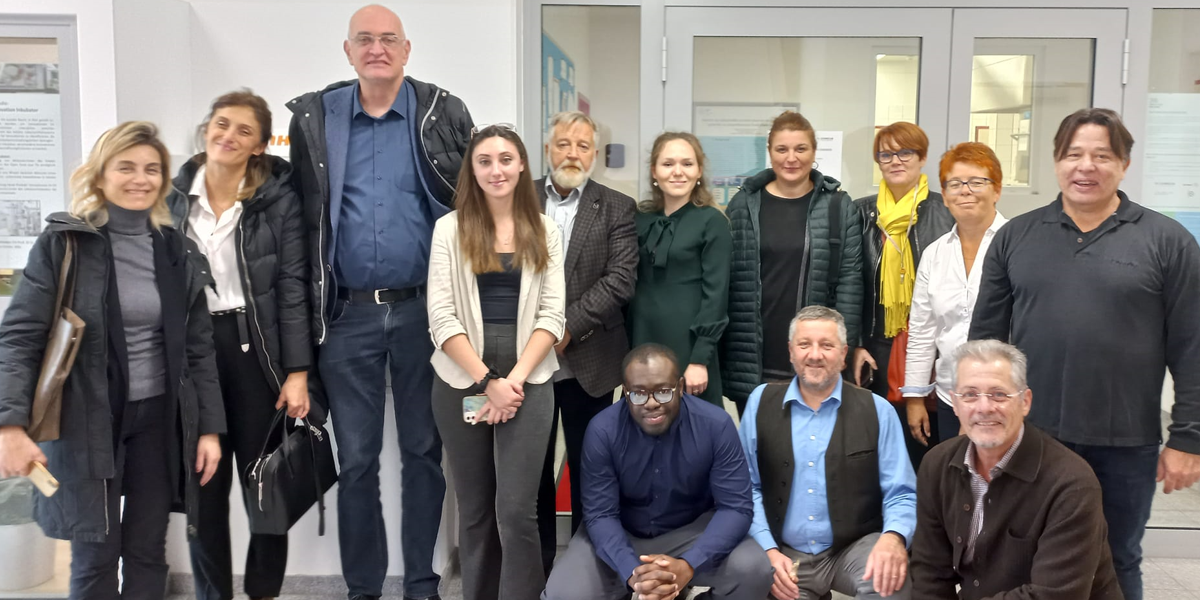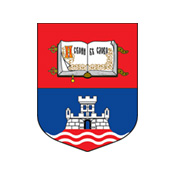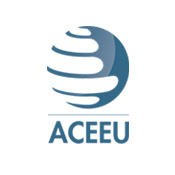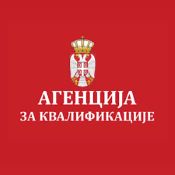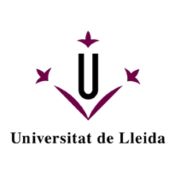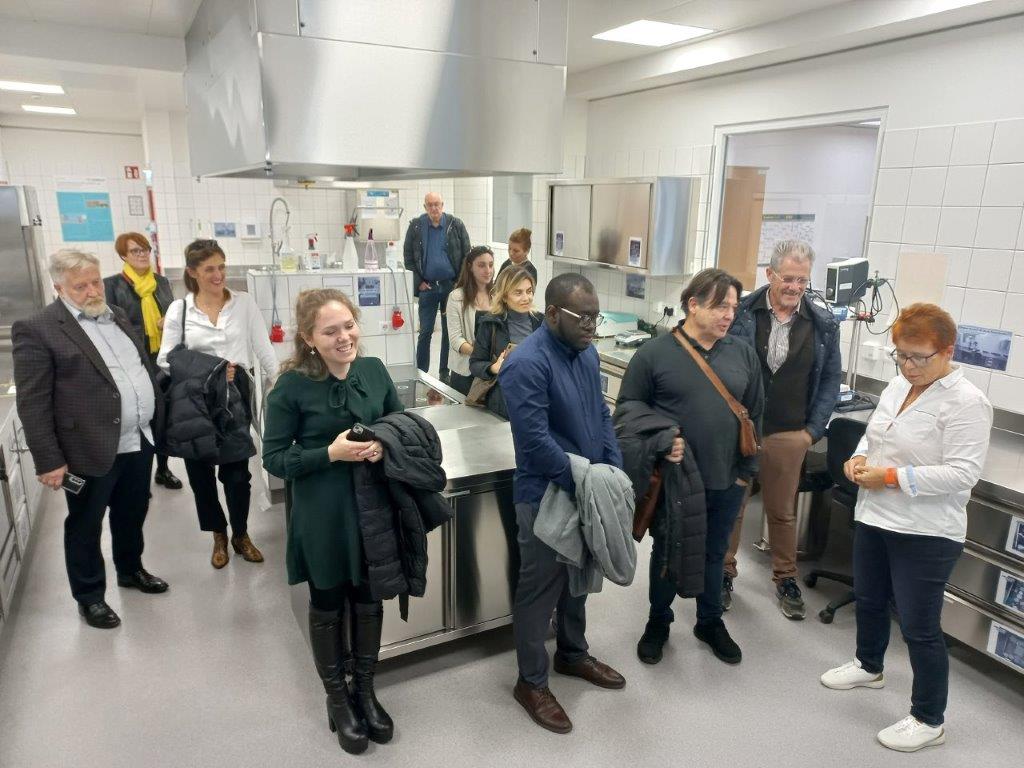Micro-credentials refer to short, focused learning programs that provide specific skills or knowledge in a particular subject area. They are often competency-based and offer a tangible credential upon completion. The European micro-credential landscape is diverse and includes various providers such as universities, vocational education and training institutions, professional organizations, and online learning platforms. They are seen as a way to address the skills gap and enhance employability, as well as a flexible and efficient way of upskilling and reskilling individuals. For the recognition and quality assurance of micro-credentials there is an ongoing effort to develop frameworks across Europe.
Microguide project wants to contribute to the following activities and will perform analysis of
1) legal framework in the Project partner’s states,
2) Implementation practices,
3) certification and credit evaluation practices,
4) quality assurance practices with the emphasize on the accreditation and external audit issues,
5) National Qualification Framework linking practices and prepare guidelines for the implementation of micro-credentials in higher education, together with examples of Micro-credentials.








